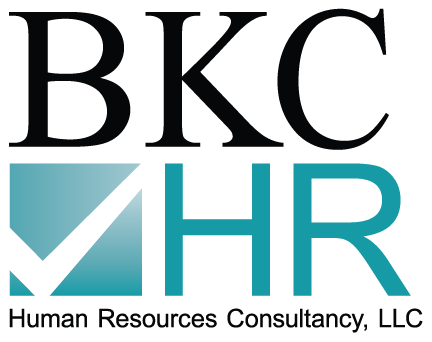 Starting July 1, 2023, the City of Philadelphia is reducing its business income and receipts, wage and earnings and net profits, and school income, tax rates.
Starting July 1, 2023, the City of Philadelphia is reducing its business income and receipts, wage and earnings and net profits, and school income, tax rates.
Business Income and Receipts Tax (BIRT)
For tax year 2023, the net income portion of the BIRT will drop to 5.81% from its current 5.99% rate. The BIRT applies to gross receipts and taxable net income for business activities conducted in Philadelphia. The new BIRT income tax rate becomes effective for tax year 2023 for returns due and taxes owed in 2024. The BIRT gross receipts tax rate remains the same.
Wage and Earnings Taxes
Employers must begin withholding Wage Tax at the new 3.75% rate from all paychecks issued to Philadelphia residents after June 30, 2023. The rate was previously 3.79%. The non-resident rate remains the same — a flat 3.44%. The nee Earnings Tax rate for residents is 3.75% for 2023. It was previously 3.79%. The non-resident rate remains at 3.44%.
Both Wage and Earnings taxes apply to salaries, wages, commissions, and other employee compensation.
Net Profits and School Income Taxes
The Net Profits Tax (NPT) and School Income Tax (SIT) are decreasing for residents. The new NPT rate for residents is 3.75% for 2023. It was previously 3.79%. The 3.44% non-resident rate remains unchanged. The NPT is a tax paid by unincorporated entities on the net profits earned from a trade, business, profession, or other for-profit activity conducted in Philadelphia. The new rate will apply to net profits earned in 2023. Regardless as to whether your business is profitable or not, you must still file the NPT to avoid possible interest and penalties.
The new SIT rate for residents is 3.75%. It was previously 3.79%. This tax is paid on certain types of unearned income, such as dividends, royalties, short-term rental income from a duplex/triplex, which is the primary residence of the owner, cash lottery winnings from the Pennsylvania Lottery, and some types of interest. The new rate will apply to unearned income earned in 2023.
The net income portion of the City’s Business Income and Receipts Tax (BIRT) will drop to 5.81%.
On Sunday, August 7, 2022, the Senate cleared the amended bill referred to as, The Inflation Reduction Act, for passage with a 51-50 vote, with all Democrats voting in favor, and Vice President Kamala Harris breaking the tie in favor. The bill now awaits passage by the House, which is set to convene on August 12, 2022 for final passage.
The bill would raise revenue from:
- Imposing a 15% corporate minimum tax rate for companies with higher than $1 billion of annual financial statement income
- Prescription drug price reform to lower prices, including Medicare Negotiation of drug process
- Increased tax enforcement. There are no changes to the Internal Revenue Code to implement the improvement in IRS enforcement. Bill only increases the IRS budget by $80 billion of the next decade which is expected to be used in part, to hire 87,000 new IRS agents
- Imposing a 1% excise tax on stock buybacks
It would spend this revenue on:
- Continuing for three more years the expansion of Affordable Care Act subsidies originally expanded under the American Rescue Plan Act of 2021
- Addressing domestic energy security and climate change including incentives for green energy. Incentives come in the form of tax credits such as those for electric vehicles or residential energy property. The energy investment credit is extended to 2024. The credit for the purchase of clean vehicles (which includes both plug-in electric vehicles and fuel cell vehicles) is extended through 2032. A new credit of up to $4,000 is also available for the purchase of a previously-owned clean vehicle subject to income limitation, through 2032
- Funding for drought relief
- Extending for two years, the excess business loss limitation rules that apply to non-corporate taxpayers. The limitation would apply to the tax year beginning before January 1, 2029.
- Deficit reduction
What’s not in the Bill:
- Closing of the carried interest loophole
- No changes to the tax rules affecting qualified small stock
- No change to the SALT deduction limitation
- No change to the international tax rules (including GILTI and BEAT)
Learn more about our Tax Planning & Compliance services here.
Read more helpful articles and tax tips here.




